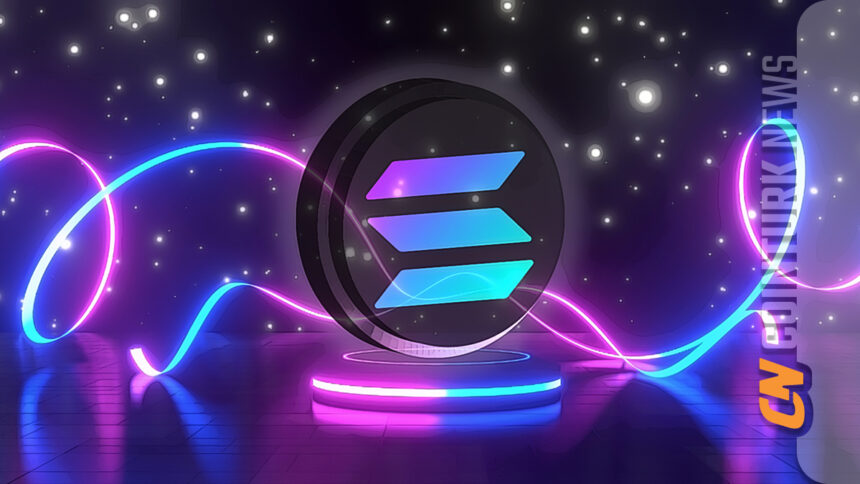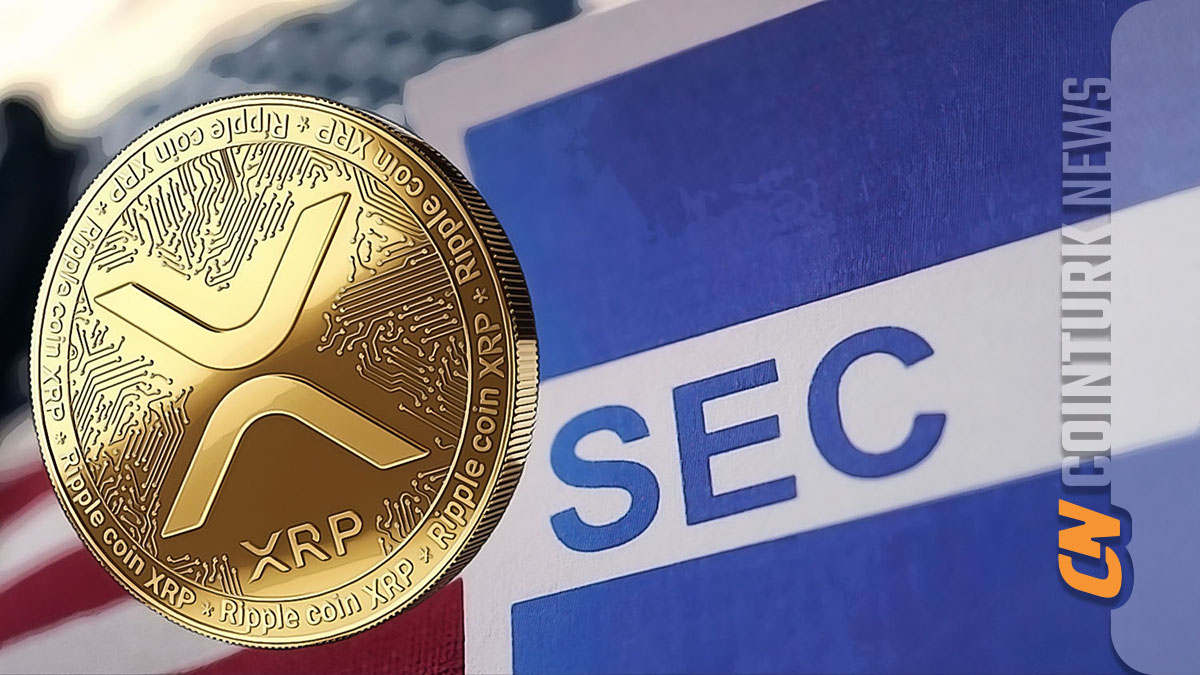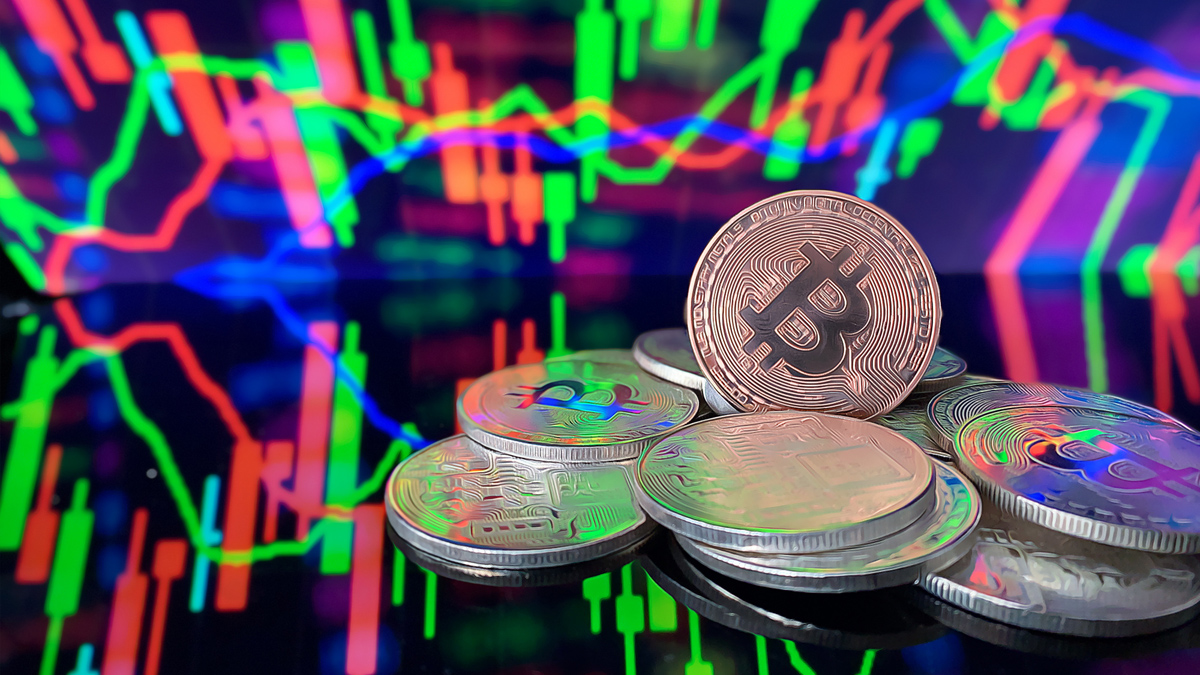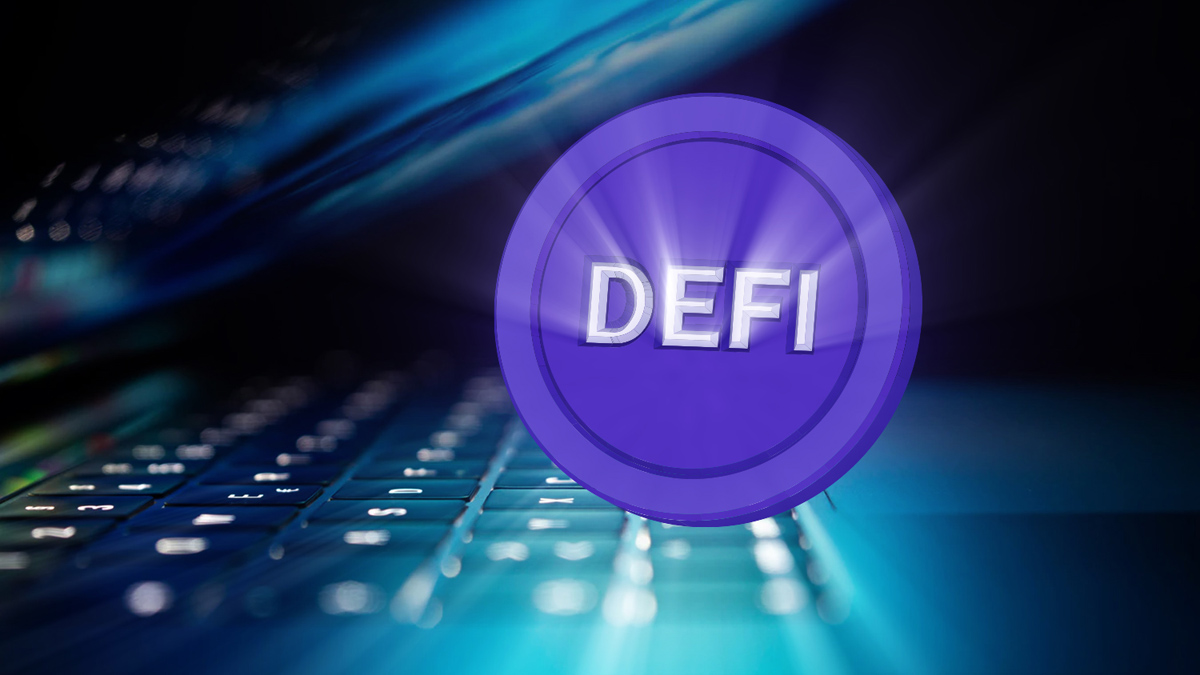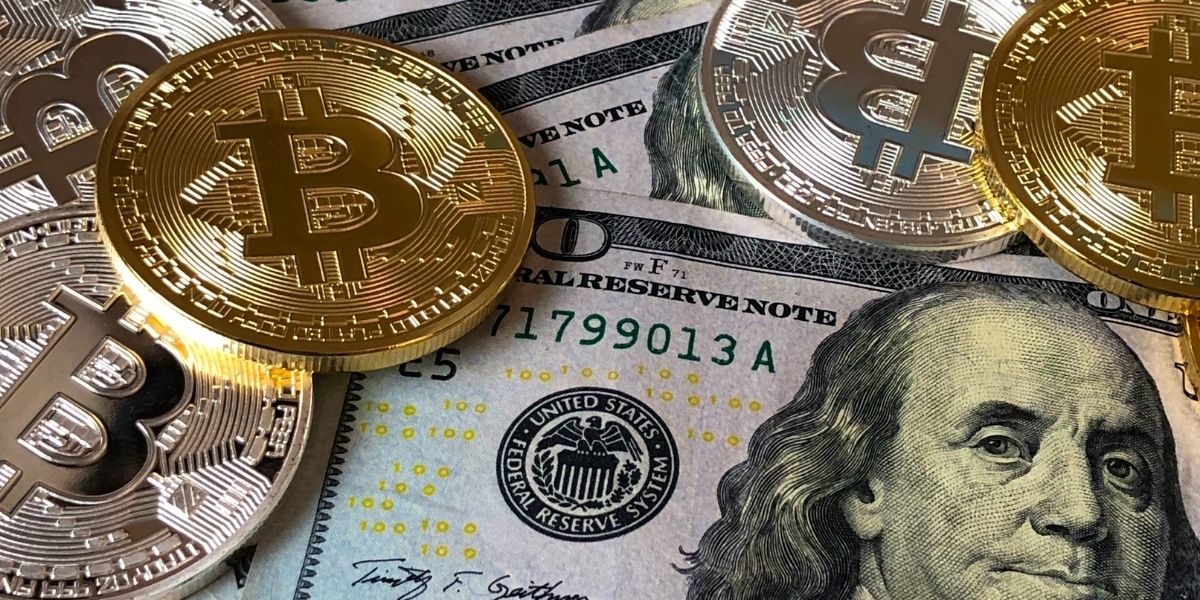Solana validators recently approved an important proposal known as Solana Improvement Document (SIMD)-0096. This proposal advocated directing all transaction priority fees to validators instead of the previous system that split these fees between burning and validator rewards. The proposal received significant support with 77% of validators voting in favor.
Details of the New System
Under the new system, validators will receive 100% of the priority fees for the blocks they produce. This development marks a departure from the old 50/50 split where half of these fees were burned, reducing the overall supply of SOL tokens, and the other half rewarded validators. The primary aim of this change is to increase incentives for validators, thereby strengthening network security. By ensuring validators receive all priority fees, the proposal aims to eliminate the potential for validators to make side deals with transaction senders.

SIMD-0096 advocates believe this arrangement will better align validators’ incentives with the network’s needs. According to the original proposal, this change will allow validators to focus more on maintaining network security and efficiency rather than being tempted by potentially harmful side deals. Thus, the integrity and reliability of the Solana Blockchain will be preserved.
Proposal Received Support
The proposal received considerable support from many validators, including Jito, Helius, Solend, Everstake, and Stakehaus. However, there were also dissenters. Validators such as Step Finance, Triton, and Solana Compass opposed the change. Despite this opposition, the significant support for the proposal indicated a strong consensus within the community towards this new direction.
Priority fees are optional fees that users can add to their transactions to ensure their execution order is prioritized. The proposal aims to create a more robust and secure network by directing all these fees to validators. While priority fees will no longer be burned, it should be noted that the base fees (or regular transaction fees) on Solana will still see a 50% burn, maintaining a deflationary aspect of the token economy.
The implementation of SIMD-0096 on the mainnet of Solana’s cryptocurrency is expected to take several months. This gradual implementation will allow the network to adapt to the new system and address any unforeseen issues.

 Türkçe
Türkçe Español
Español

